By: Shahzad Bashir Posted on Thu, 16-07-2015

After decided to localize your mobile game, there will be another question: what languages should I localize into? Well, let’s analyze some factors to help you making the next decision.
The goal of an ideal localization is to create an enjoyable, non-confusing play experience for the end user by paying heed to their specific cultural context. The process of game localization actually includes: altering art assets, creating new packaging and manuals, recording new audio, transforming hardware, and even cutting out whole portions of the game due to differing cultural sensitivities: The major types of localization are as follows.
Linguistic and cultural;
Hardware and software;
Legal;
Graphics and music.
These are the top 20 markets worldwide in terms of gaming revenue in 2014:
The countries with highest numbers of mobile game spenders in 2014:
According to the data, it’s easy to find out that the traditional sets of EFIGS and CJK will cover the most important markets, the following languages for website localization services are a must:
English localization,
French localization,
Italian localization,
German localization,
Spanish localization,
Chinese localization,
Japanese localization,
Korean localization.
But there are also new and upcoming regions you should take into consideration:
Russia, Brazil, Southeast Asia,
The mainstream European languages are safe to go, and Asia, China, Japan and Korea are the massive market you can’t afford to neglect. When deciding on languages, remember to take not only the translation cost, but also all collateral expenses into consideration.
Gaming/Video Games Documents We Translate
You innovate, execute in the global economy, while we build bridges to your global success. Your needs for technical skills and industry knowledge in the translation process are going to be satisfied by our language translators and proof-readers trained in gaming terms and technologies. The documents we work on include but are not limited to the following:
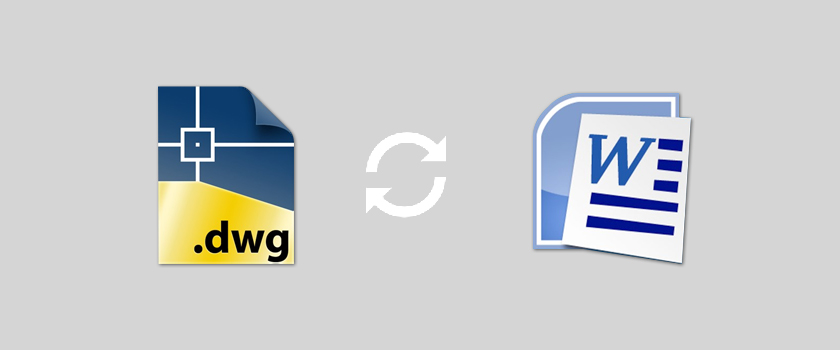
dwg: It means a drawing file save format created by AutoCAD, and now has been the standard format of 2D
Read More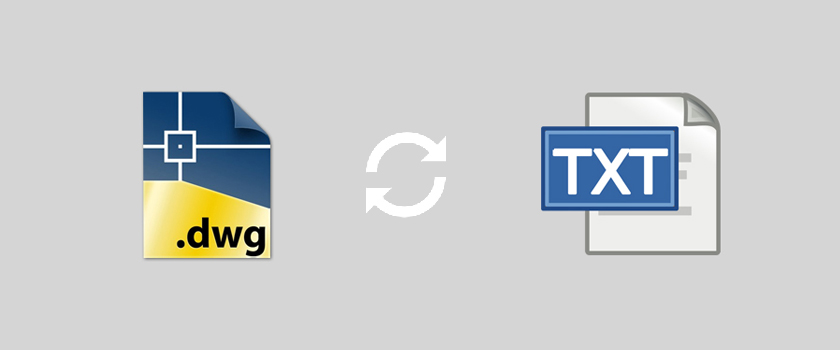
dwg: It means a drawing file save format created by AutoCAD, and now has been the standard format of 2D
Read More
Mars Translation can help you extract the texts in a DWG file and convert them into a Word file so
Read More
dwg: It means a drawing file save format created by AutoCAD, and now has been the standard format of 2D
Read More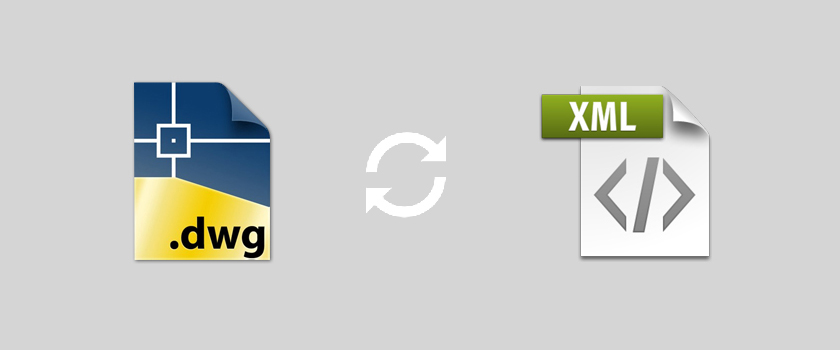
dwg: It means a drawing file save format created by AutoCAD, and now has been the standard format of 2D
Read More
MarsTranslation can help you extract the texts in a DWG file and convert them into a XML file so that
Read More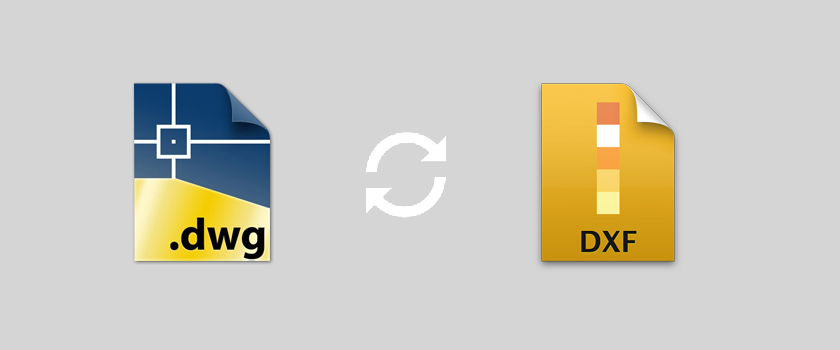
If you are a designer you are bound to find yourself in situations when you have to convert your DWG
Read More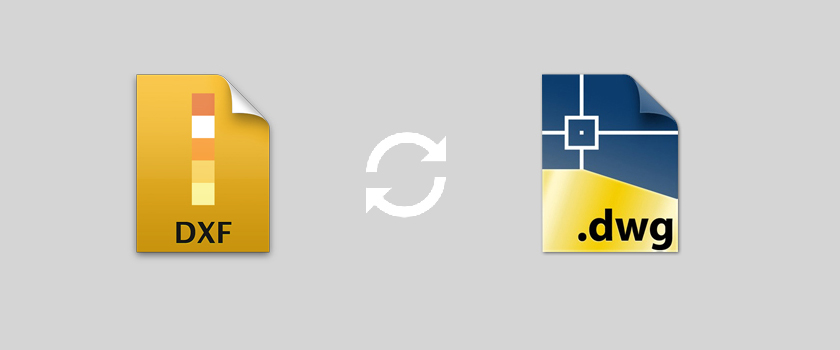
dwg: It means a drawing file save format created by AutoCAD, and now has been the standard format of 2D
Read More
MarsTranslation can help you extract the texts in a DWG file and convert them into a Word file so that
Read More


Document Translation
Professional document translation by native expertsApp Localization
Get more downloads by adapting your app for different target marketsVideo Translation
Multilingual translation and subtitling servicesWebsite Localization
Adapt your website into multiple contexts for global reachSoftware Localization
Adapt your software for global usersGame Localization
Reach new players with localized gameplayMTPE
Refine AI translations for natural fluencyBusiness Translation
Professional translation for business documents and websitesDTP & File Conversion
Professional DTP and File conversion, supporting multiple file formatsProofreading
Perfect your content with expert review© Copyright 2026 MarsTranslation